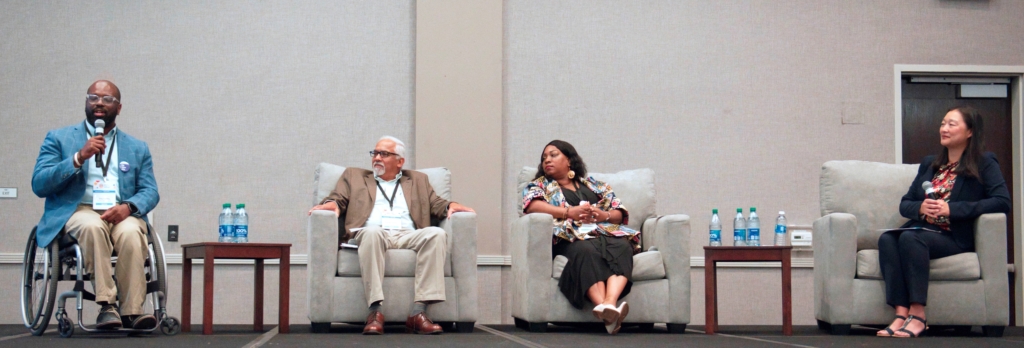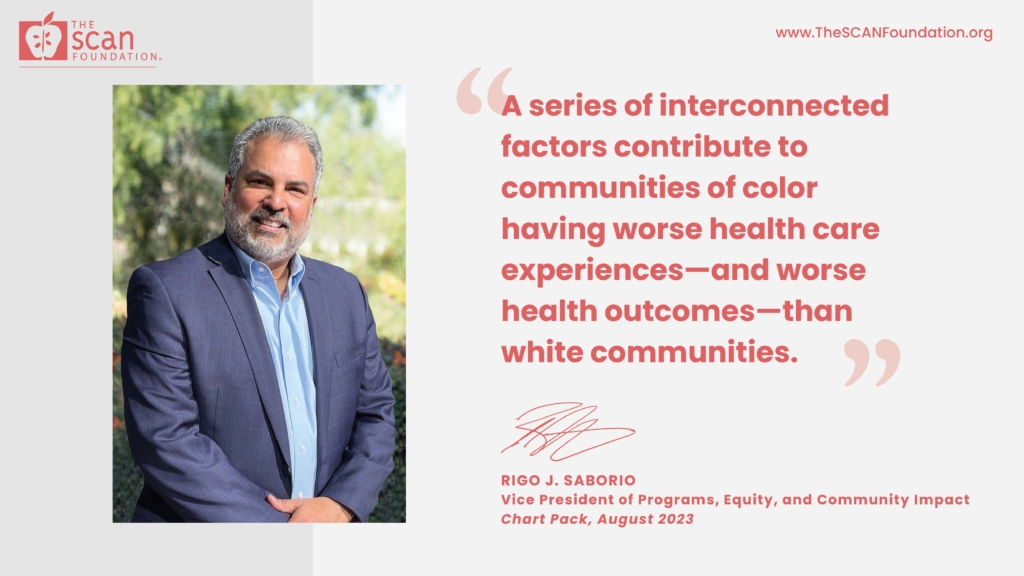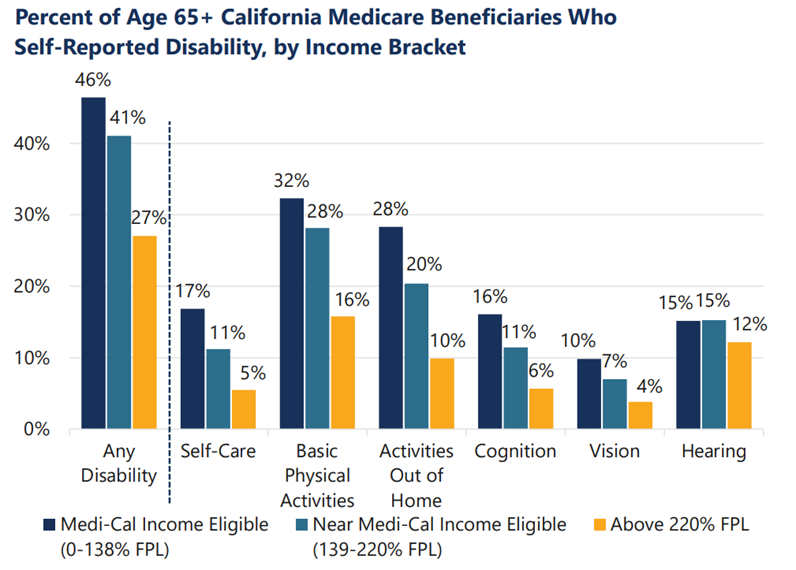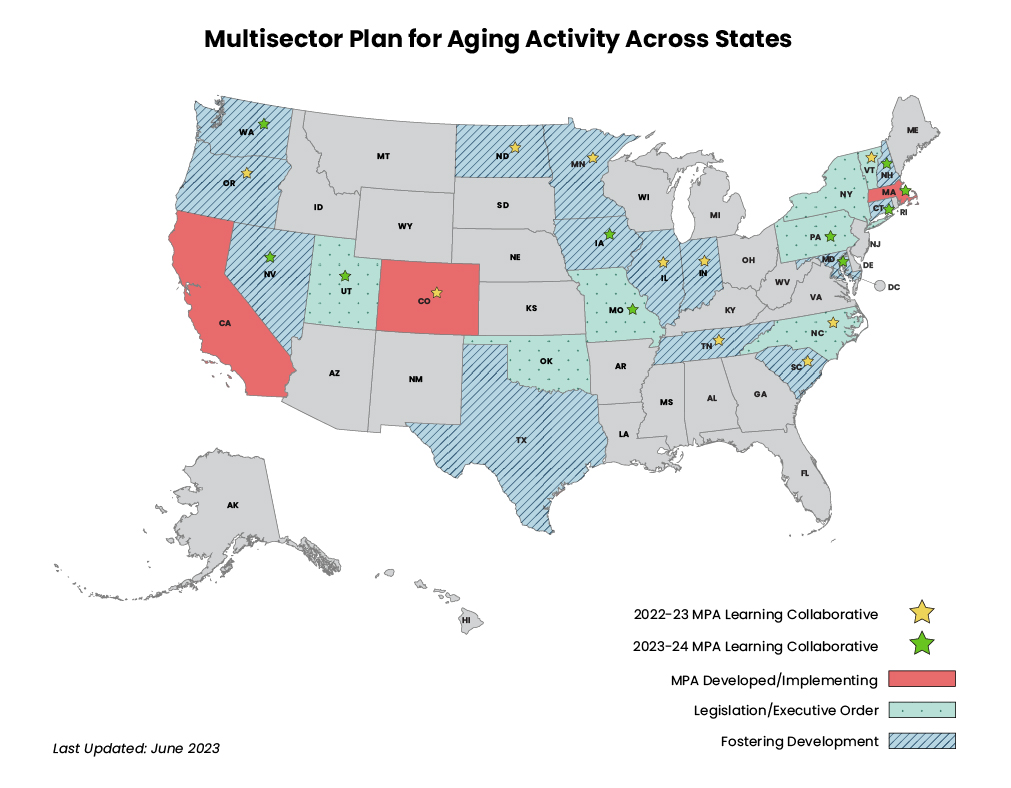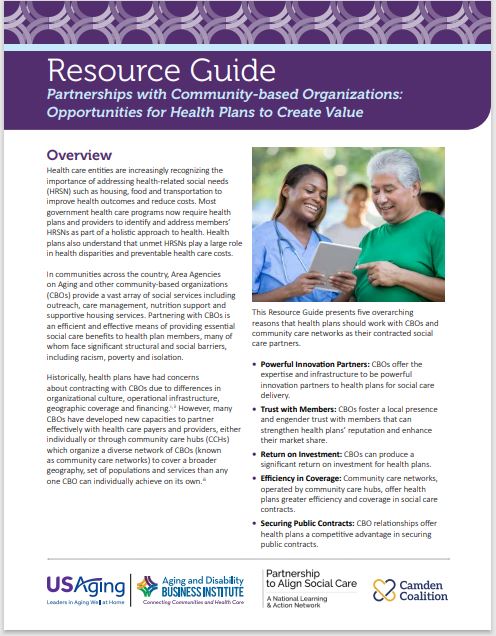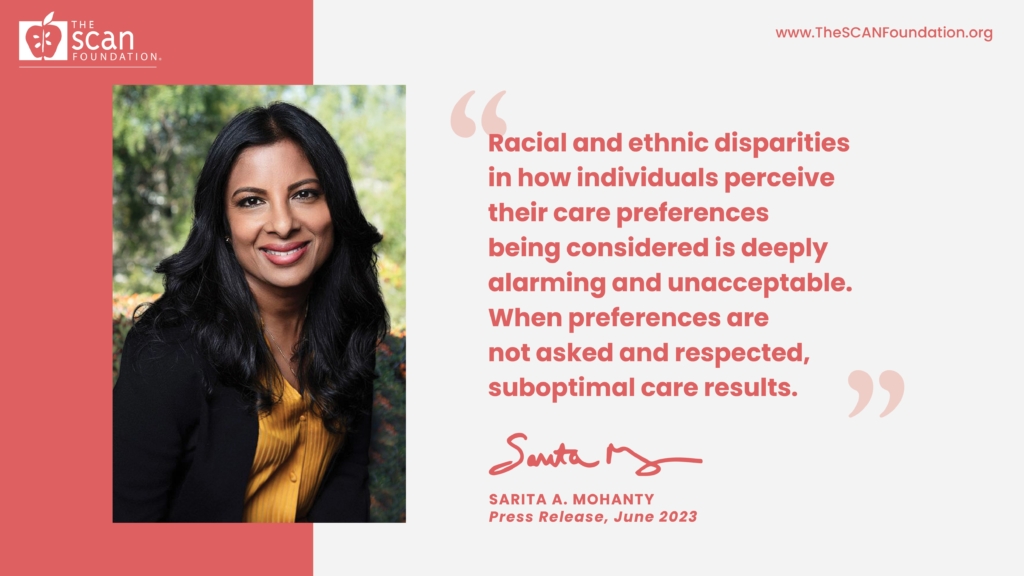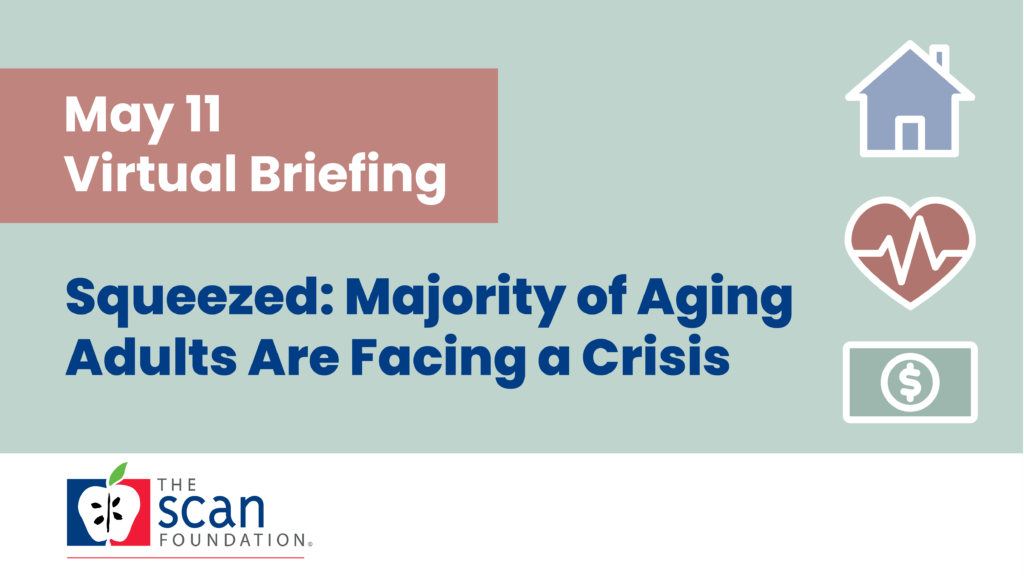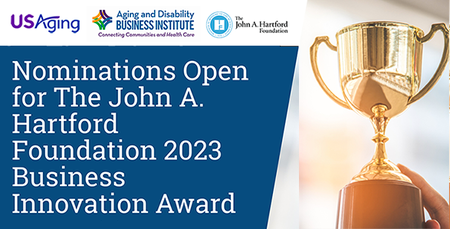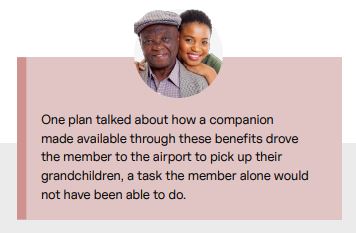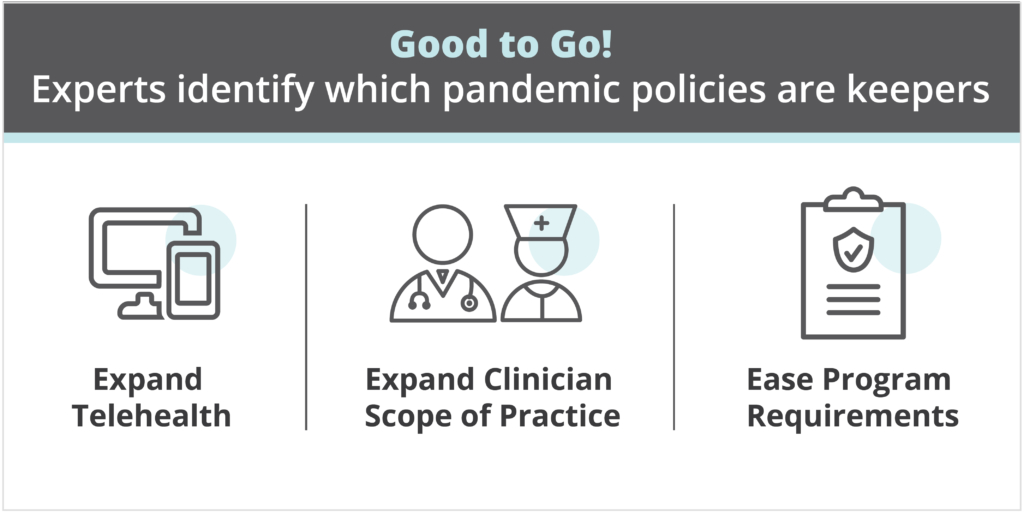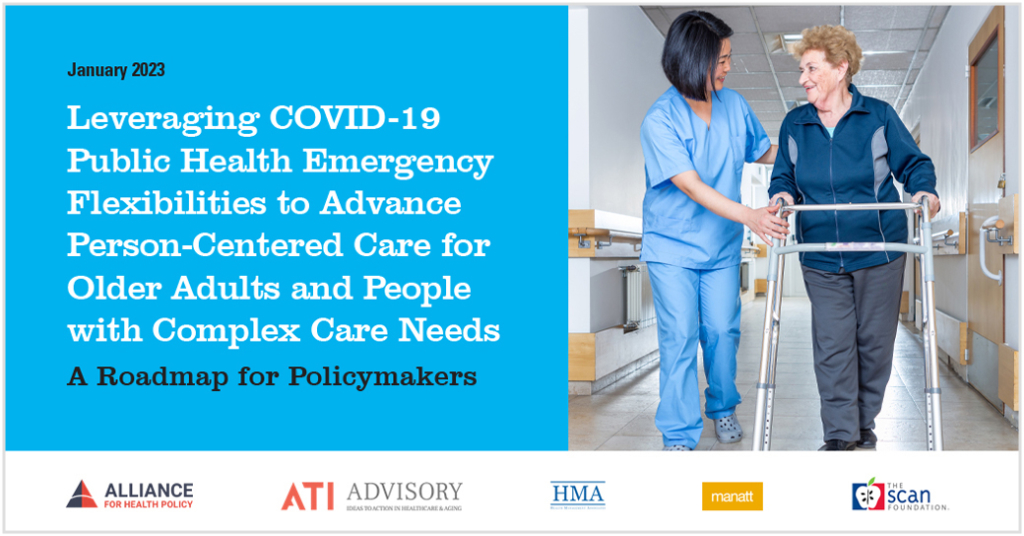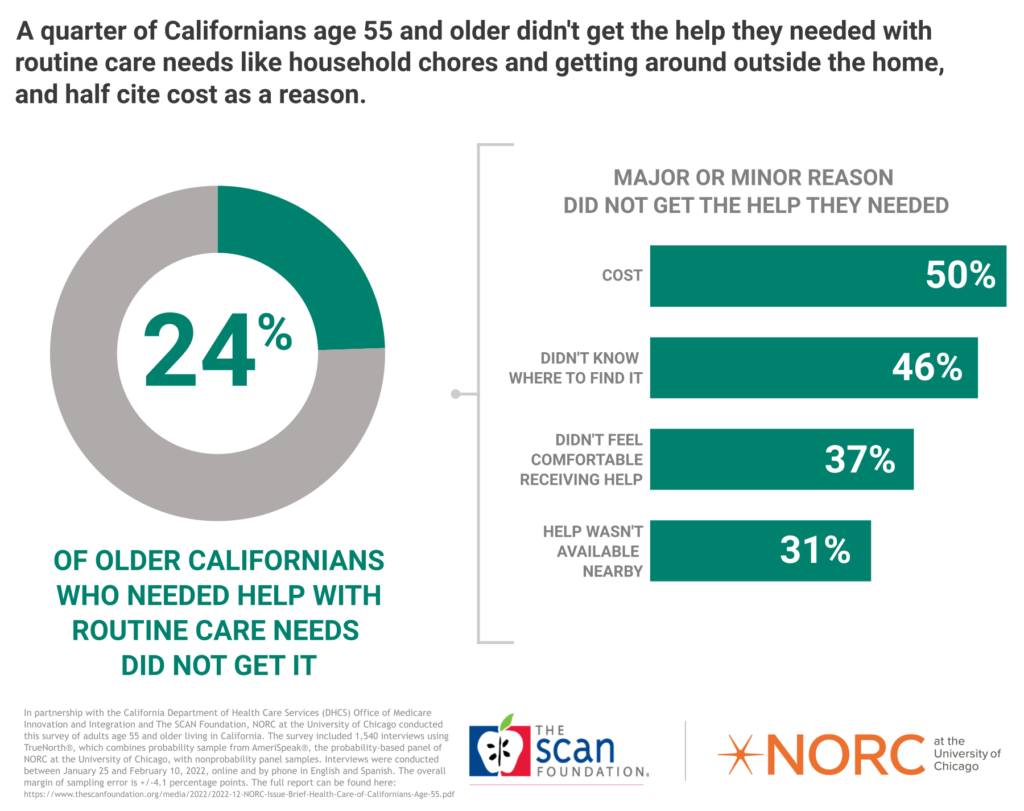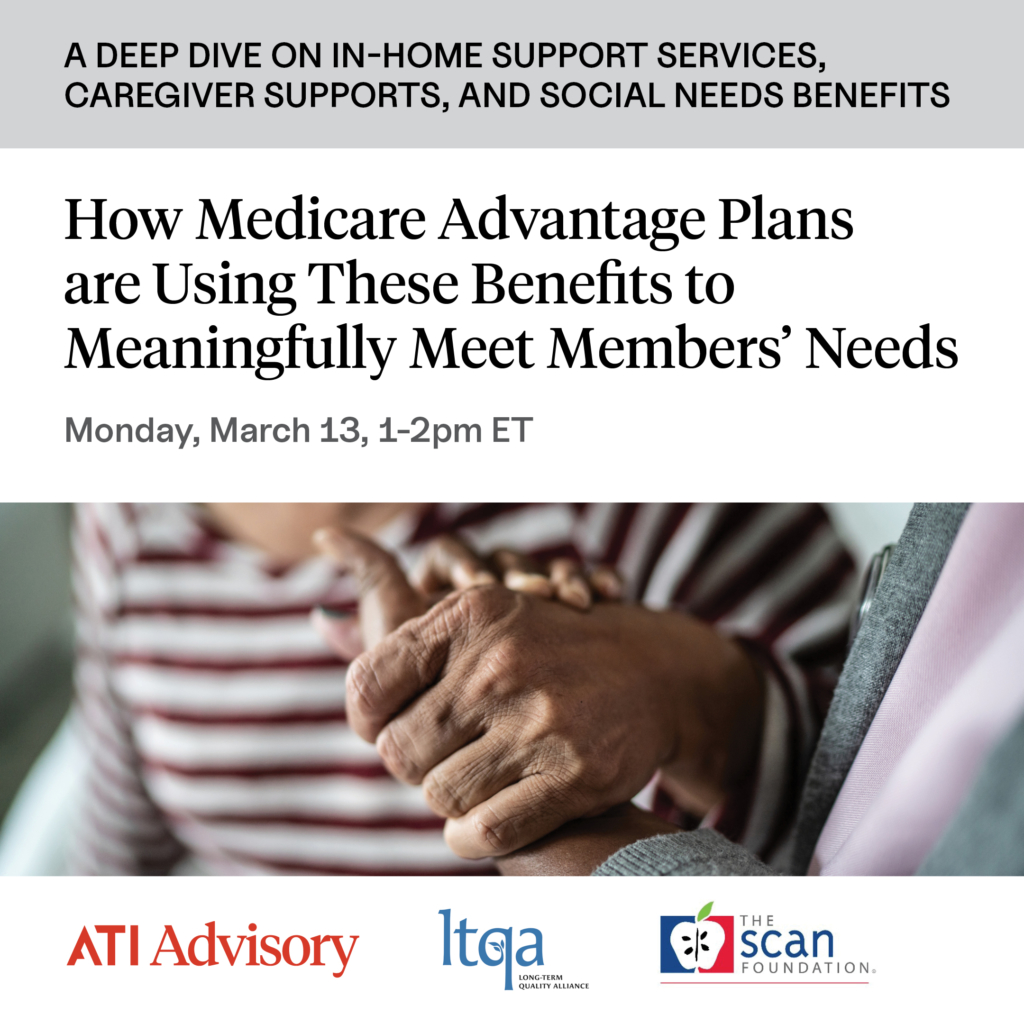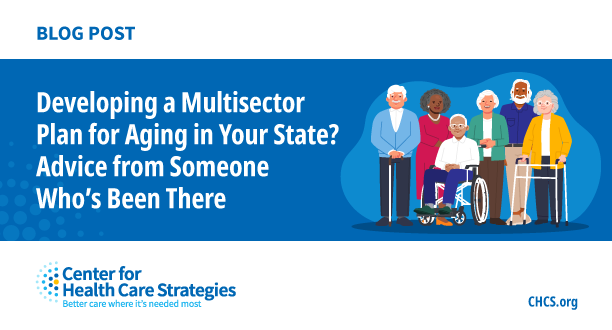
Building on the opportunity for further coordination and greater impact to address racial and ethnic disparities, our United for Health Equity in Aging Summit convened the aging and disability sectors with the racial equity and social justice movements for a day of informative panels and energizing dialogue.
The TSF event was rooted in the lived experience of older adults from marginalized communities and we were honored to have several of them join us in person.
Materials from the Summit, including older adult video stories and a photo gallery are now available, as well as a full livestream recording. Take a look!


